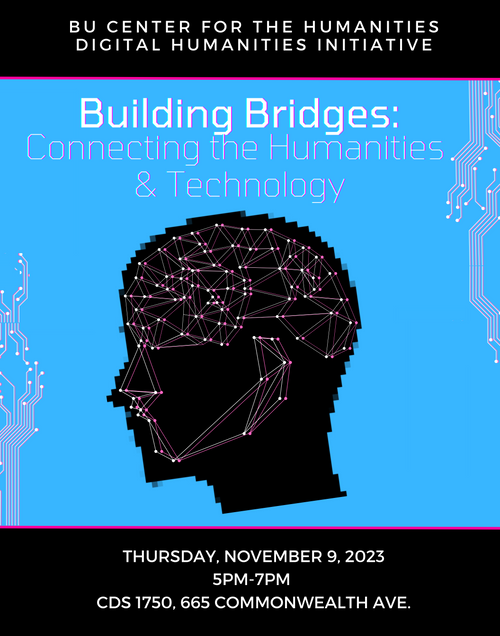 Digital? Doesn’t that imply STEM?
Digital? Doesn’t that imply STEM?
Th
What does work in the digital humanities look like?
达
In spring 2025, the Center brought together researchers from across the globe to discuss these issues at its forum, “Beyond the Binge: Ethical Implications of AI for Entertainment and Education – Communication and Philosophical Perspectives.” At the forum, scholars grappled with complex questions regarding futures of education and entertainment that will inevitably be shaped by AI. Fostering a critical dialogue among computer scientists, media theorists, philosophers, humanists and historians, this two-day forum generated actionable recommendations for a more ethical and equitable future.
 Who does the Digital Humanities Initiative engage?
Who does the Digital Humanities Initiative engage?
Collaboration here is bi-directional: bringing to digital initiatives in other units the critical and ethical insights of humanities scholarship and its commitment to diversity, while also enabling humanities scholars to tap into expertise and resources for digital scholarship from across the University. In fall ’24, the Center hosted “Reimagining Humanities Research,” a workshop that brought together graduate students across disciplines and departments to learn about digital research tools. PhD student Greta Rauch Frei (HI) introduced her peers to tools like geospatial technologies, social network analysis, natural language processes, and digital archiving.
In AY 2023-2024, the Center gathered scholars working in the digital humanities to discuss their work at Building Bridges in November and distributed Digital Creators Awards to undergraduates in the spring. Centered in a physical space called the “DH Lab,” the activities of the Initiative will raise the visibility of ongoing work, provide a home base for the community of scholars employing digital approaches, and coordinate the framework necessary to support existing projects and create new projects from idea to concrete output. A number of campus programs and initiatives, including the BU Libraries, BU Spark!, UROP, the Hariri Institute, the Shipley Center for Digital Learning & Innovation, and the new Faculty of Computing and Data Science, support digital research and programming in various ways. As the first dedicated space for digital humanists, BUCH’s DHI will be a hub from which to coordinate collaboration with these existing programs.